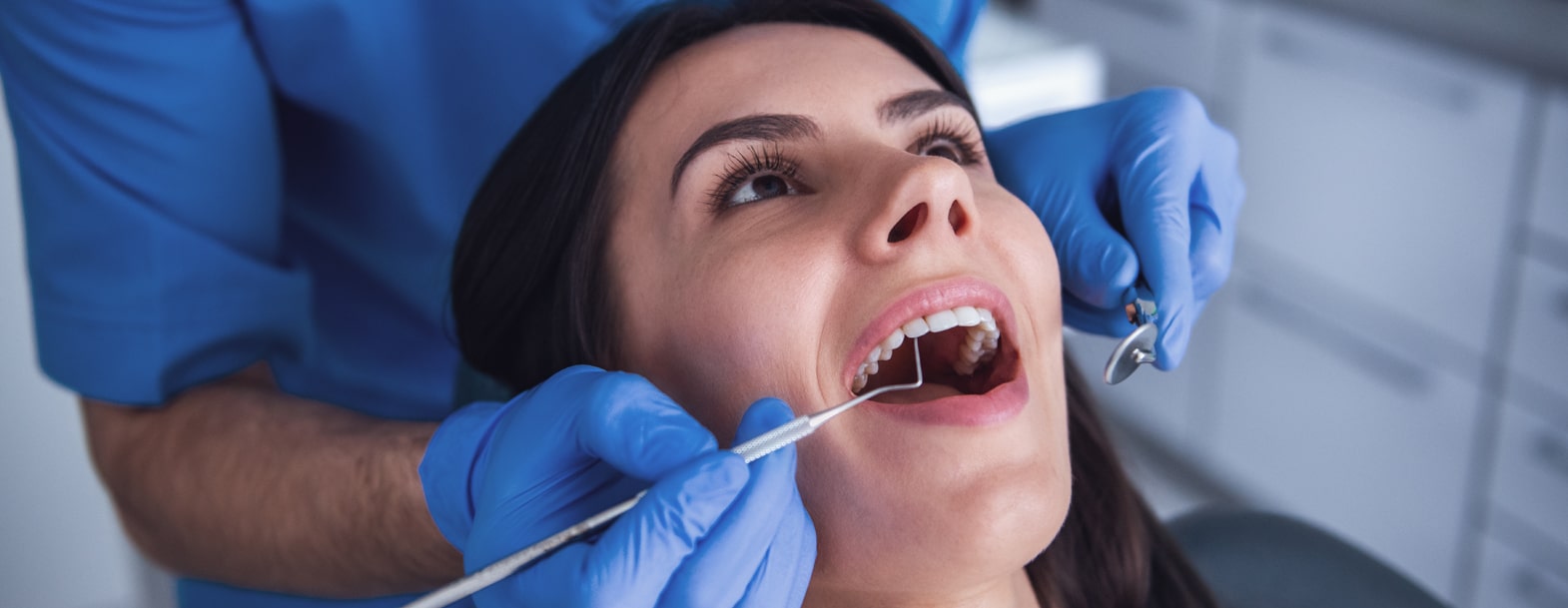How to manage mouth ulcers
- Home
- /
- Blog
- /
- Hygiene Advice
- /
- How to manage mouth ulcers
Our guide to mouth ulcers and how to manage them.

Mouth ulcers are sores that form in the mouth and can be very painful. They’re sensitive to the touch and often cause a sharp, stinging pain. Usually oval-shaped and sensitive to facial movements, cold sores can make simple actions like eating, talking, and smiling painful. But where do they come from, and how do we get rid of them?
Mouth ulcers are common and can occur in anyone, regardless of their overall health. While they may sometimes indicate an infection, pinpointing the exact cause of recurrent ulcers is challenging. However, certain factors can increase the likelihood of developing them.
The good news is that mouth ulcers do heal naturally, but unfortunately, this can take a little bit of time, sometimes several days. However, there are methods to relieve the pain while you wait and if you follow this guidance, your ulcers will be less of an irritation and after healing, will leave you with a healthy mouth.
Bristles on an ulcer can be very painful so be extra careful when brushing. It’s worth avoiding hard and spicy foods as well. Brush gently around the ulcer as part of your oral hygiene routine to ensure a clean mouth.
If stress is the cause of your mouth ulcer, then adopting a less stressful lifestyle is advisable, and learning a few relaxation techniques can help.
If the ulcer is particularly bad, then medication is available to reduce the pain. Some mouthwashes are specially medicated to treat ulcers, although you should always check that you are not allergic to any of the active ingredients first. A good alternative is to rinse your mouth with warm, salty water. Medicated gels can also be applied to the affected area. These gels will numb the area and provide relief. It will also protect the ulcer.
Rarely an ulcer might be a sign of mouth cancer. If you have an ulcer which is not healing after 2 weeks, then consult your dentist as soon as possible.
Back to Blog